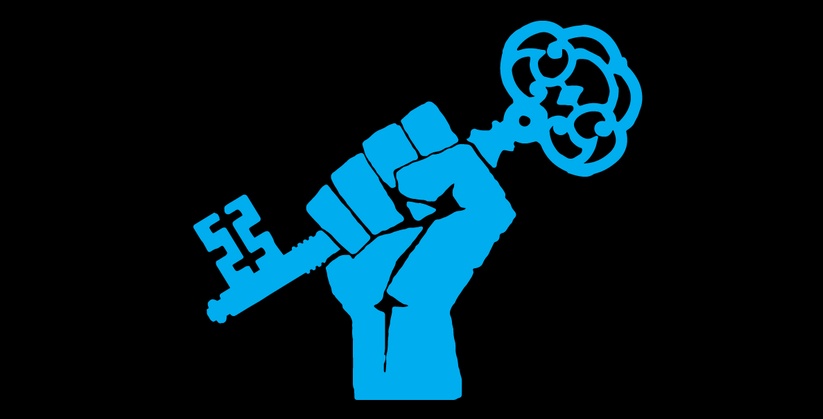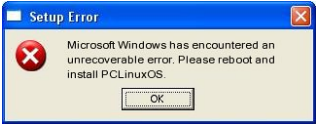| Previous
Page |
PCLinuxOS
Magazine |
PCLinuxOS |
Article List |
Disclaimer |
Next Page |
The EARN IT Bill Is Back, Seeking To Scan Our Messages & Photos |
|
by Joe Mullin  In a free society, people should not have their private correspondence constantly examined. U.S. lawmakers, we would hope, understand that individuals have the right to a private conversation without the government looking over their shoulder. So it's dismaying to see a group of U.S. Senators attempting for a third time to pass the EARN IT Act (S. 1207)—a law that could lead to suspicionless scans of every online message, photo, and hosted file. In the name of fighting crime, the EARN IT Act treats all internet users like we should be in a permanent criminal lineup, under suspicion for child abuse. What The New "EARN IT" Does The EARN IT Act creates an unelected government commission, stacks it with law enforcement personnel, and then tasks it with creating "best practices" for running an internet website or app. The act then removes nearly 30-year-old legal protections for users and website owners, allowing state legislatures to encourage civil lawsuits and prosecutions against those who don't follow the government's "best practices." As long as they somehow tie changes in law to child sexual abuse, state lawmakers will be able to avoid longstanding legal protections, and pass new rules that allow for criminal prosecutions and civil lawsuits against websites that don't give police special access to user messages and photos. Websites and apps that use end-to-end encryption to protect user privacy will be pressured to remove or compromise the security of their services, or they'll face prosecutions and lawsuits. If EARN IT passes, we're likely to see state lawmakers step in and mandate scanning of messages and other files similar to the plan that Apple wisely walked away from last year. There's no doubt the sponsors intend this bill to scan user messages, photos, and files, and they wrote it with that goal in mind. They even suggested specific scanning software that could be used on users in a document published last year. The bill also makes specific allowances to allow the use of encryption to constitute evidence in court against service providers. Bill Language Purporting To Protect Encryption Doesn't Do The Job Under pressure, the bill sponsors did add language that purports to protect encryption. But once you take a closer look, it's a shell game. The bill clearly leaves room to impose forms of "client-side scanning," which is a method of violating user privacy by sending data to law enforcement straight from user devices, before a message is encrypted. EFF has long held that client-side scanning violates the privacy promise of end-to-end encryption, even though it allows the encryption process to proceed in a narrow, limited sense. A 2021 paper by 10 leading technologists held that client-side scanners are a danger to democracy, amounting to "bugs in our pockets." The Chat-Scanning Software Being Pushed By This Bill Doesn't Work But the available evidence shows that scanning software that looks for Child Sexual Abuse Material, or CSAM, is far from perfect. Creators of scanning software say they can't be fully audited, for legal and ethical reasons. But here's the evidence so far:
The idea of subjecting millions of people to false accusations of child abuse is horrific. NCMEC will export those false accusations to vulnerable communities around the world, where they can be wielded by police forces that have even less accountability than law enforcement in the United States. False accusations are a price that EARN IT supporters seem willing to pay. We need your support to stop the EARN IT Act one more time. Digital rights supporters sent more than 200,000 messages to Congress to kill earlier versions of this bill. We've beaten it twice before, and we can do it again. There are currently dangerous proposals that could mandate client-side scanning schemes in the U.K. and European Union, as well. But we don't need to resign ourselves to a world of constant surveillance. In democratic nations, supporters of a free, secure, and private internet can win—if we speak up now. |





